Texas House agenda prioritizes school choice, border security, property taxes for 2025
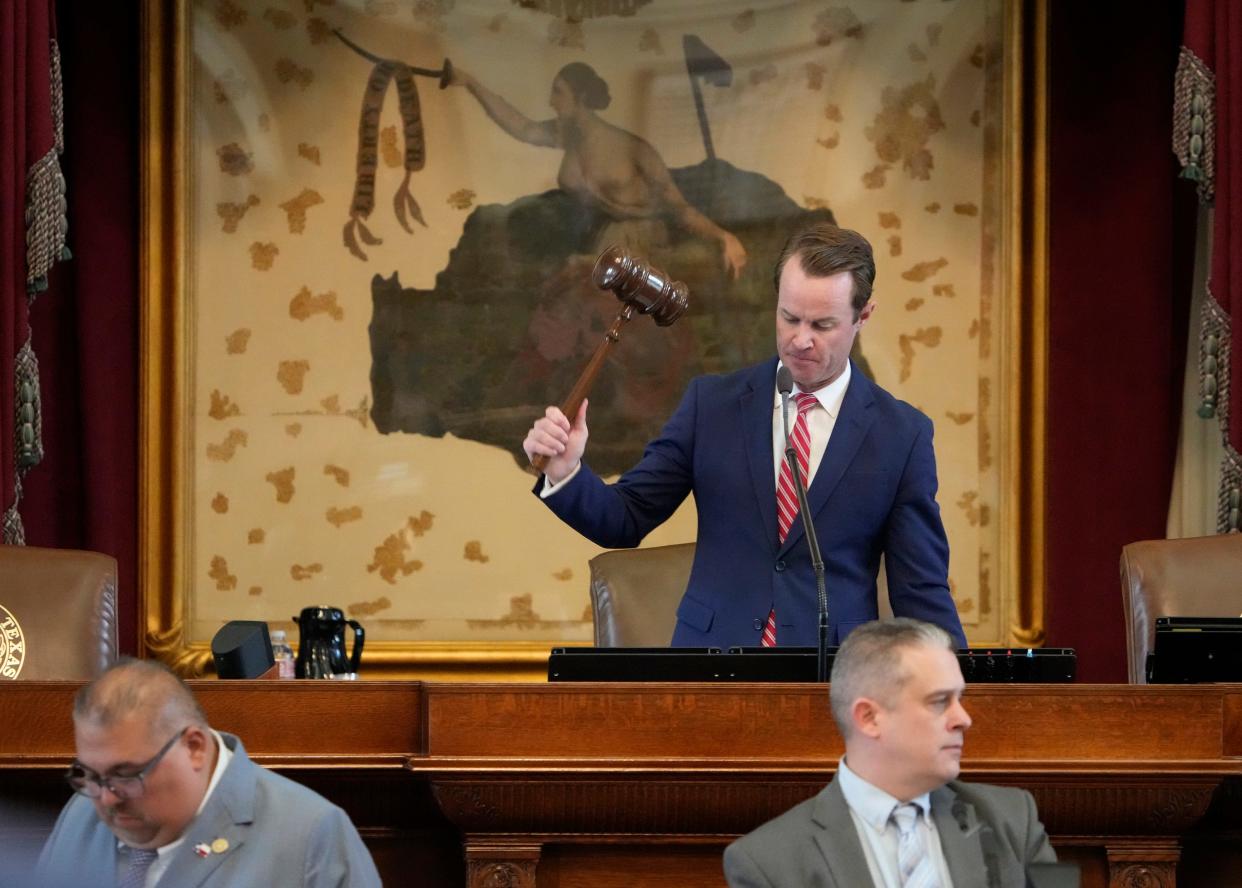
Texas House Speaker Dade Phelan issued marching orders to his chamber Wednesday, releasing a list of legislative inquires for lawmakers to consider ahead of the legislative session set to begin in the new year.
The Beaumont Republican's agenda, which comes after Lt. Gov. Dan Patrick in April released his list of policy priorities for the Senate, touches on issues ranging from addressing housing insecurity and mental health to bolstering groundwater infrastructure and border security.
In announcing his interim legislative charges, Phelan touted the House's success last year in advancing a historic property tax package the Legislature passed and voters approved. But, in celebrating the chamber as the "nation’s trailblazer for conservative policies," he urged lawmakers to consider additional border legislation after passing Senate Bill 4 last year to allow for the arrest, detention and deportation of those crossing the Texas-Mexico border other than through legal ports of entry.
More: Border security, property taxes, school choice on tap for Senate's 2025 agenda
"Securing the southern border remains a top priority amid the Biden Administration’s ongoing disregard for our national security, and the House is tasked with exploring ways in which to bolster support of Texas’ historic Operation Lone Star mission," Phelan said in a statement announcing the interim charges.
Assigned to a range of House committees, the lawmaker panels are now tasked with monitoring the success and status of several new laws the Legislature passed last year, while beginning policy framework discussions for new proposals during hearings to be scheduled through the remainder of the year.
Here's a look at a few policy areas House lawmakers will consider in the lead up to the next 140-day regular legislative session that will begin in January:
Higher education
While much of the focus on higher education in the Capitol last year focused on eliminating diversity, equity and inclusion offices and initiatives at public colleges and universities, lawmakers this time are set to consider the evolving world of student athlete compensation.
Phelan is asking the chamber's Committee on Higher Education to "review the status of 'Name, Image & Likeness' (NIL) across the state and the country."
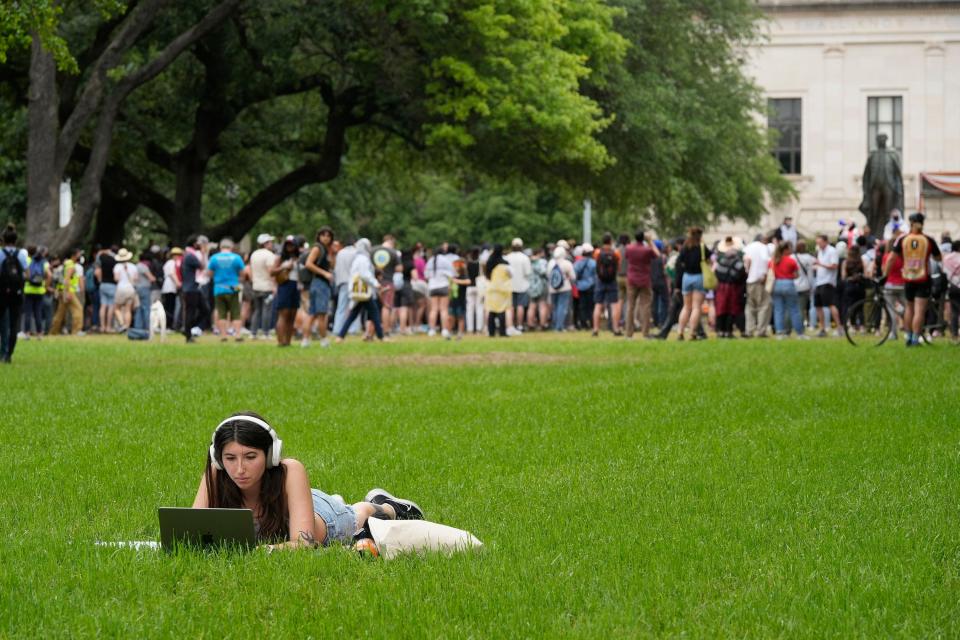
The goal for the committee is to review National Collegiate Athletic Association, or NCAA, regulations on the issue and any actions taken by the federal government that "alter current Texas policies that may impact Texas student-athletes and institutions of higher education."
Outside of NIL legislation, the committee will monitor the status of last session's Senate Bill 17, the law that banned DEI at higher education campuses, which has caused much consternation and backlash at the University of Texas and across the state.
The committee will also monitor SB 18, which was passed to add limitations on university professors' tenure, and SB 25, meant to increase post-secondary education and opportunities for nursing students.
With public education, lawmakers will continue to forward suggestions and make recommendations for eligibility requirements for a "school choice" program, also known as vouchers, which proposes to use state money to pay for a student's private school tuition — one of the governor's chief priorities last legislative session that failed to pass in the House after a coalition of Democrats and rural Republicans blocked the measure from advancing.
Criminal justice
A hot button local governance issue that has already spurred calls for Travis County District Attorney José Garza's ouster from office, House lawmakers will monitor the impacts of House Bill 17.
Signed into law last year, HB 17 creates an avenue to remove district attorneys over "official misconduct" and for declining to prosecute certain crimes.
While a resolution to Garza's situation remains unclear — he is accused of having blanket policies in place to not prosecute certain crimes — lawmakers will examine the law's broader implementation after its passage last year.
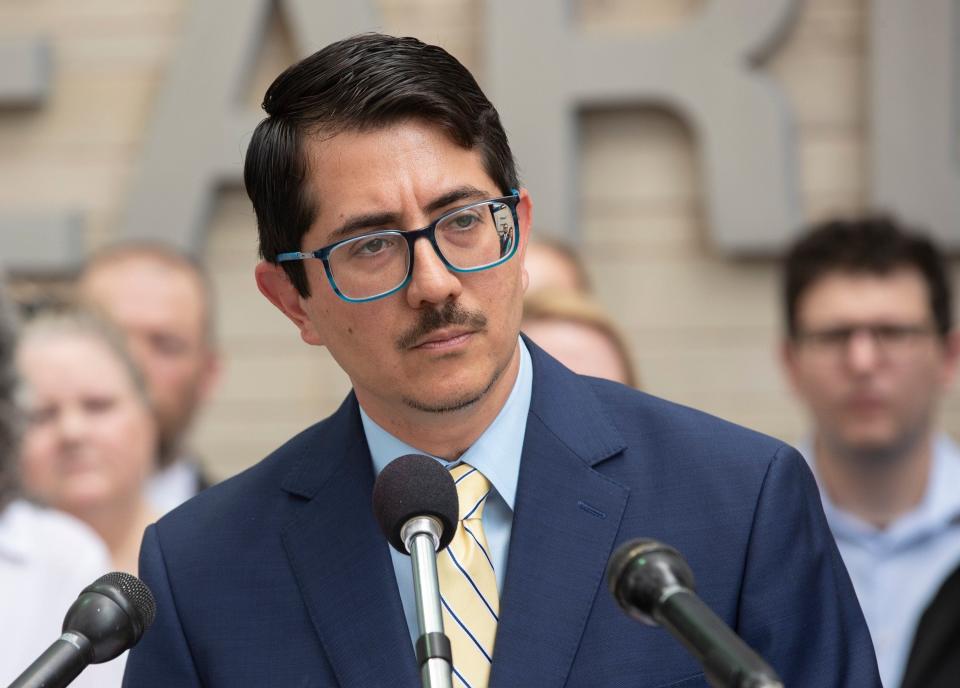
The use of less-lethal weapons by law enforcement is also on the docket. Lawmakers are tasked with studying the use of those weapons and the potential for reducing risks of death and injury to both officers and residents.
Phelan is asking lawmakers to consider ways to increase the use of less-lethal devices "for the safety and benefit of all parties."
Border and property taxes
Two areas of focus in both the House and the Senate are increasing border security efforts and decreasing property taxes.
More: Three seats up for grabs on Travis Central Appraisal District board. Here's who won.
After an omnibus package advanced last summer to cut property taxes and increase the state's homestead tax exemption from $40,000 to $100,000, both Phelan and Patrick want the issue to remain on the Capitol marquee.
Specifically, Phelan is asking the House Ways and Means Committee to "make recommendations to build on the historic property tax relief" from last year by considering whether to extend appraisal value limits; maintain or increase the current homestead exemption; and if "Texas’ economic performance and state tax revenues support further compression of school district tax rates."
Phelan is also asking for a broad review of Texas' $11 billion border initiative, Operation Lone Star, and how the project is affecting border security and transnational criminal activity.
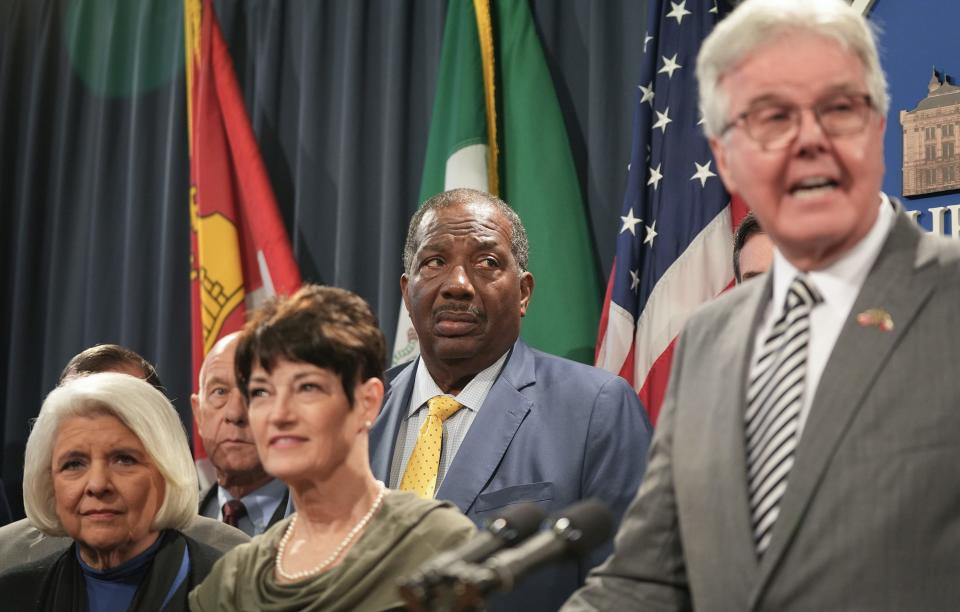
The Committee on State Affairs will evaluate the resources and authority provided to state agencies to exercise border security initiatives and make recommendations for increasing "the safety and wellbeing of personnel and efficiency of agency operations as needed."
Water, housing
Trying to ensure Texans are able to obtain affordable housing is part of the litany of interim charges, as lawmakers specifically are tasked to examine state and local laws affecting housing supply and demand.
Phelan also wants the Committee on Business and Industry to consider "barriers to construction" caused by zoning laws, and "the availability and costs of housing inputs."
For water needs, lawmakers are tasked with looking into an expansion of reuse programs and identifying funding deficiencies and regulatory hurdles for those efforts.
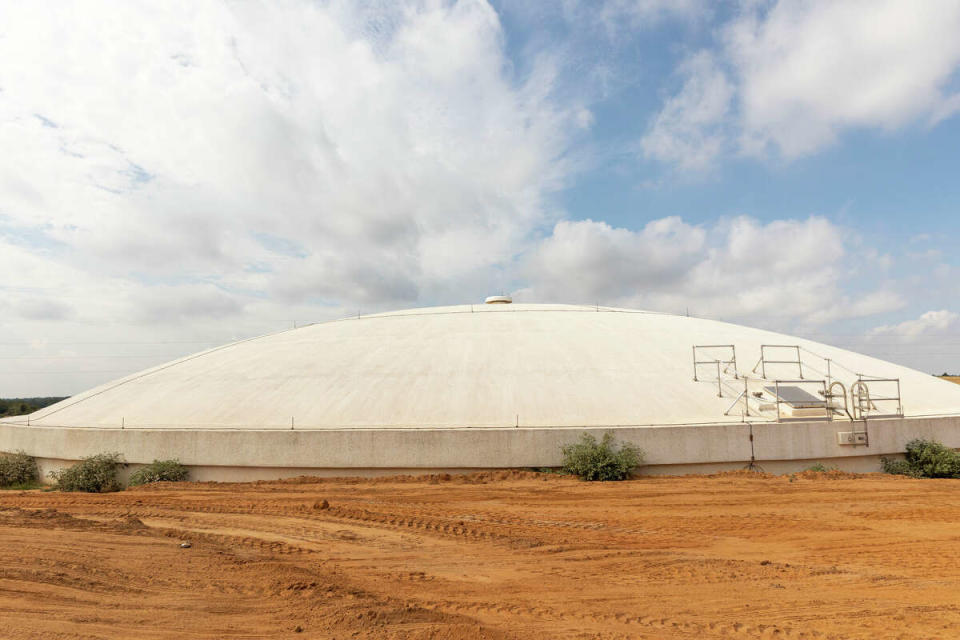
Continuing its investment in groundwater infrastructure after an effort last year to direct billions to the state's water supply in the coming decades, the Committee on Natural Resources will focus on better understanding groundwater conditions, modeling, planning, decision-making and resource management.
In maintaining clean water access, the committee will work to evaluate the cause, frequency and duration of boil water notices issued by public water systems, identify solutions to keeping critical water infrastructure operating during water system failures and consider additional policies to prevent interruptions to reliable drinking water.
This article originally appeared on Austin American-Statesman: Property taxes, border security among Texas House's interim charges